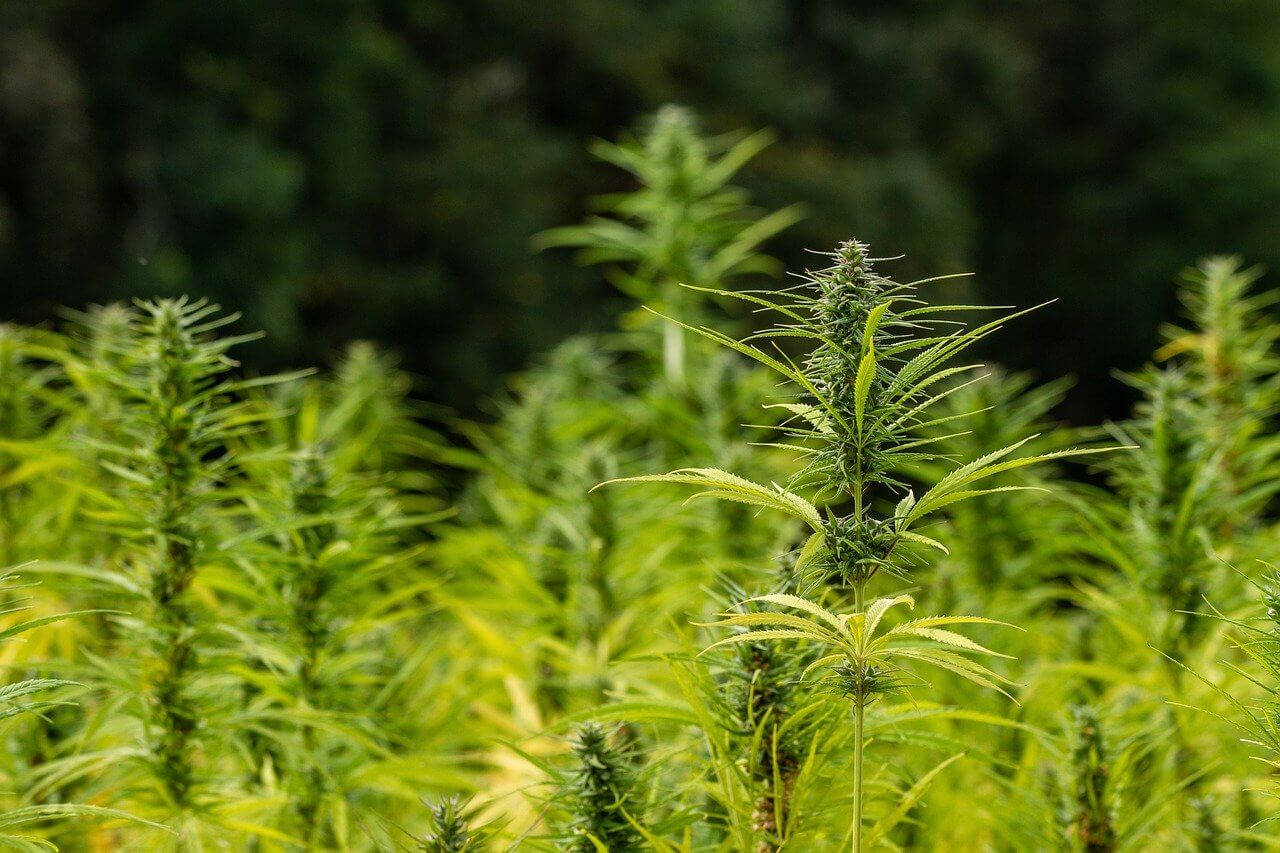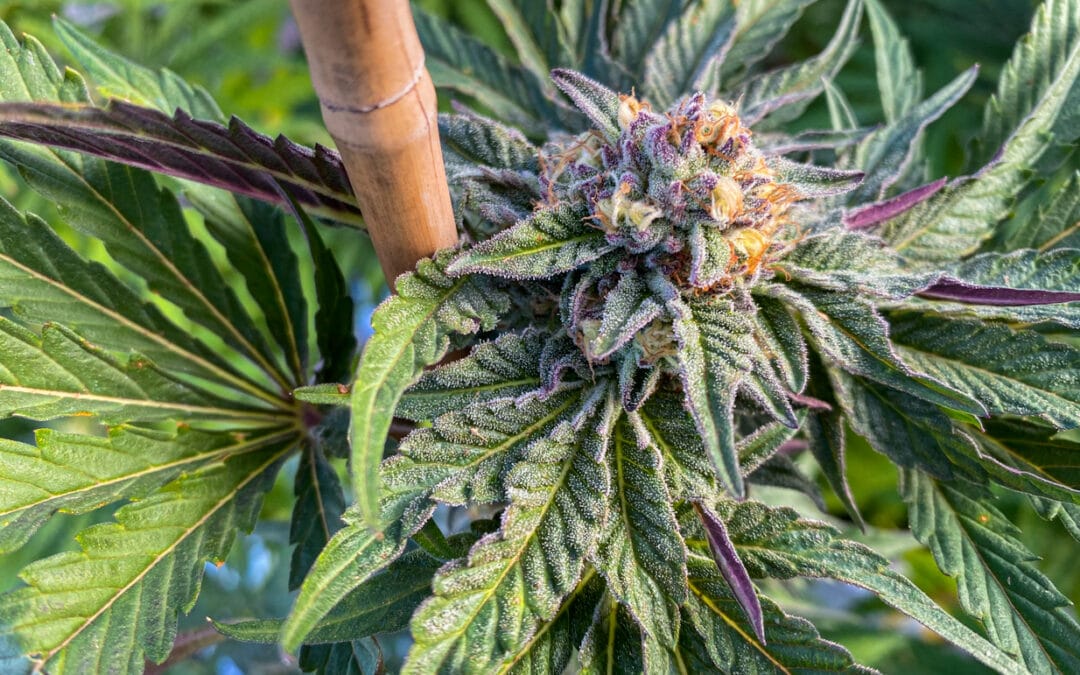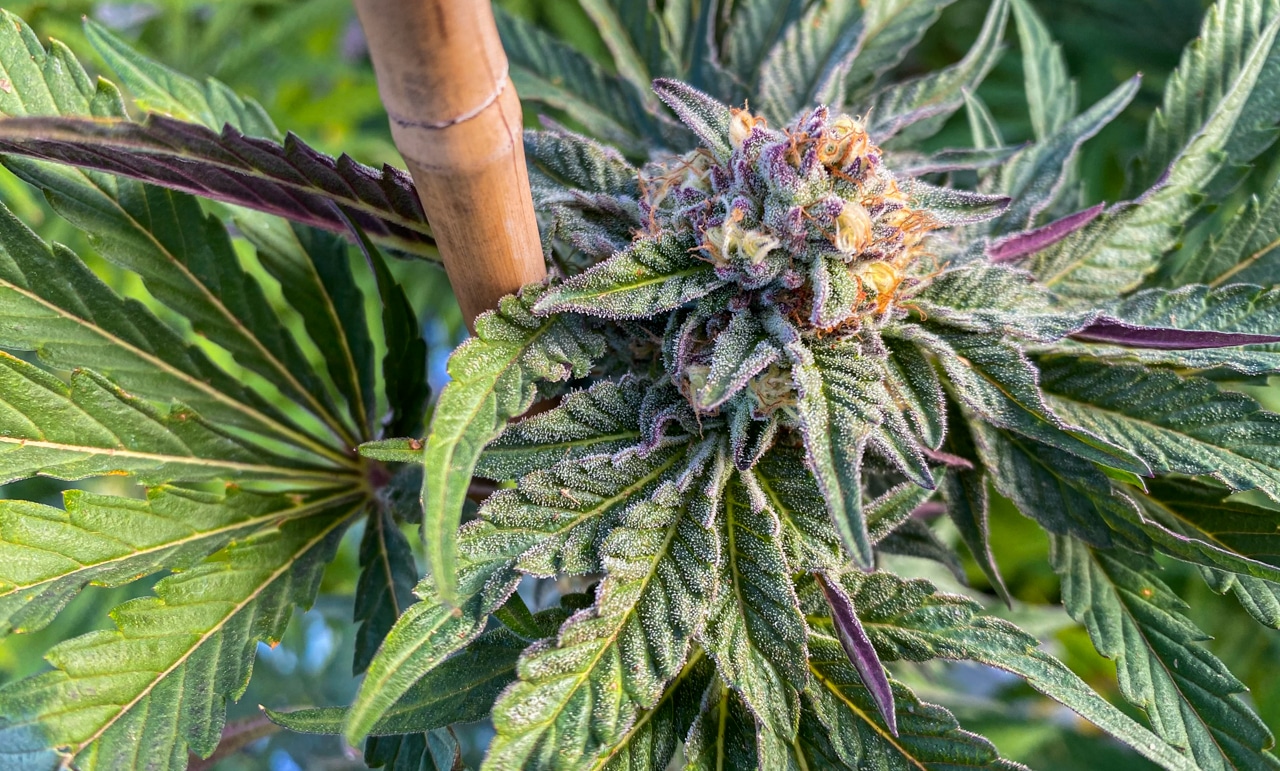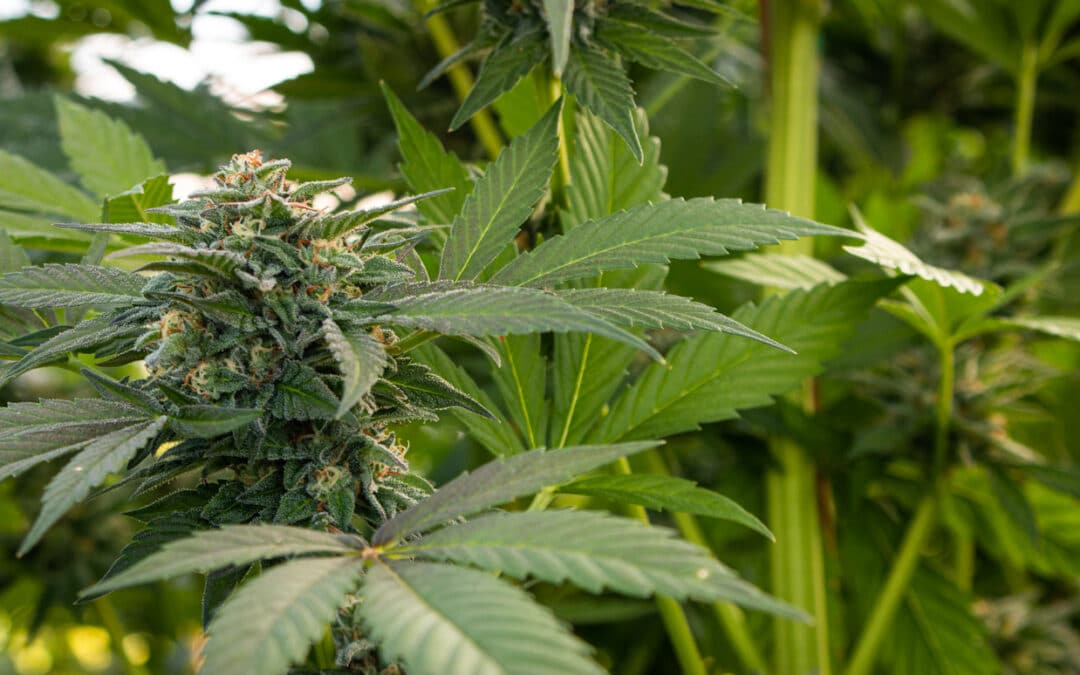
Maine cannabis industry reaches another high
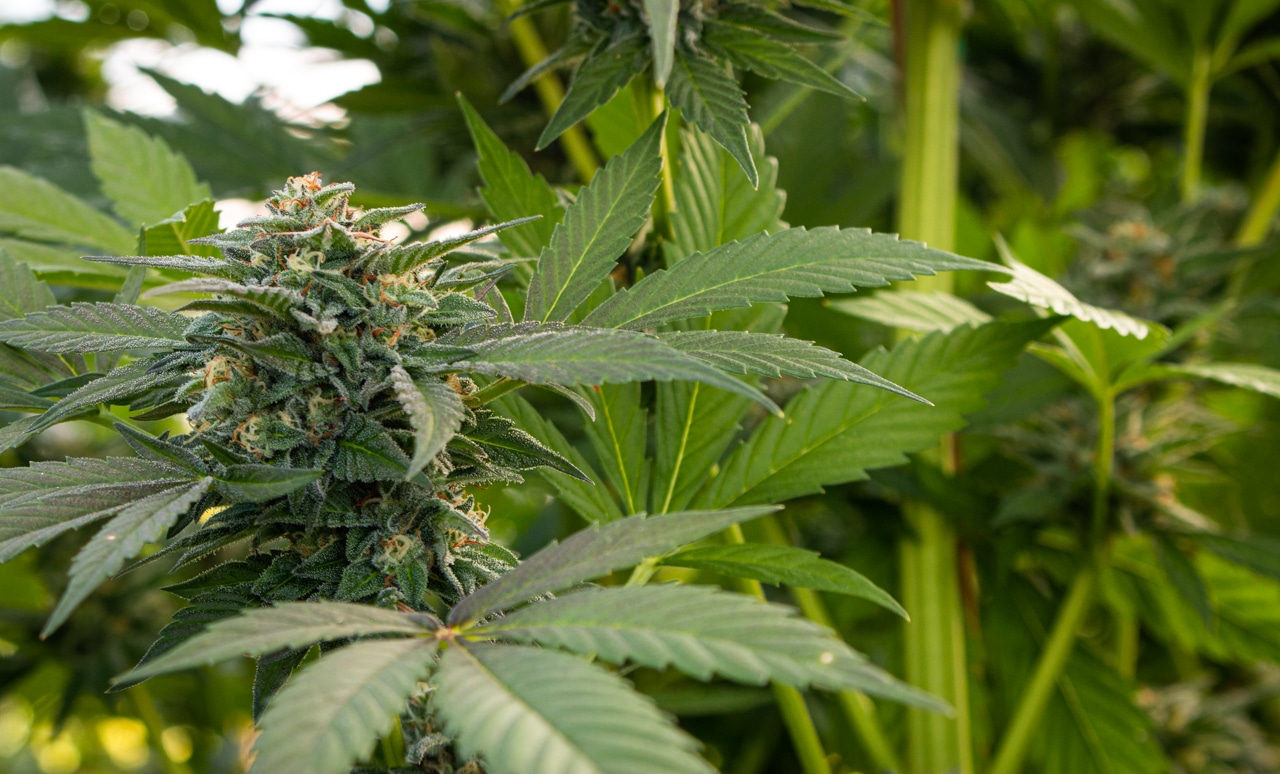
Maine’s recreational cannabis sales continued to soar in July, reaching a new high and more than doubling their growth pace.
Sales of cannabis for recreational, adult use hit $9.43 million, up 45% from June’s record total of $6.47 million. More than 124,000 purchases took place over the month of July, raking in $943,480 in sales tax, according to data from the Maine Office of Marijuana Policy.
“These numbers demonstrate that, as access improves, more consumers are choosing the tested, tracked, and well-regulated market over a longstanding illicit market,” OMP spokesman David Heidrich told Mainebiz.
“With that said, anecdotally, it would appear as though the natural growth of this new industry, the Independence Day holiday, and summer tourism have all contributed to the robust sales growth witnessed in July.”
Maine’s recreational adult-use industry has continued to grow from its first month of sales in October 2020 of approximately $1.4 million with only six active licensees, according to OMP. June’s record sales of $5.36 million were up nearly 21% from May, and May’s were up 23% from the previous month.
To date the industry has brought in a total of more than $38.6 million and over $3.8 million in taxes in less than a year.
With more and more applicants applying for licenses, the trend looks likely to continue. There are currently 46 licensed retail stores in the state, and another 194 in the process of getting licensed.
There are 43 licensed facilities actively cultivating cannabis and another 183 in process. Sixteen of those are certified to produce “clean cannabis” from the Maine Organic Farmers and Gardeners Association.



